Stop iOS and Android apps from tracking you with this simple trick
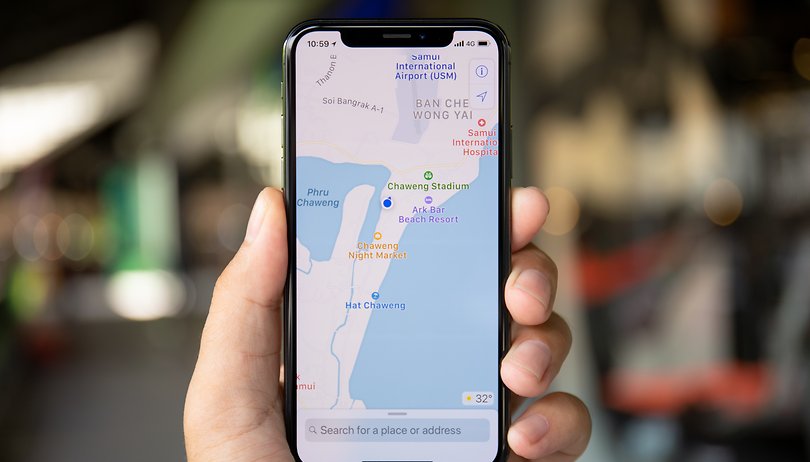

Whether you have an Android smartphone or an iPhone, you've probably already downloaded an application asking for access to your location. But does a note-taking application or a mobile game really need to geolocate you to the nearest meter? No. So here's how to revoke an Android or iOS app's access to your precise location.
I'm not an iOS expert, but on Android there are two types of geolocation that apps use. The "coarse location" can geolocate you approximately within a radius of 3 km2 and the "fine location" which can determine your precise position within a few meters (50 meters and less). The difference lies in the resources that the application can use, the access of the "fine location" being necessarily more intrusive than for the "coarse location".
On Android 12, but also iOS 16, when an app requests access to your location, you can now grant it, but restrict that permission to your approximate location.
How to revoke access to your precise location on your Android smartphone
On Android, you can go through the famous Privacy Dashboard to manage the permissions granted to your apps:
- Go to Settings and then to Location.
- Select the application of your choice and press it.
- Turn off the switch labeled Use exact location.
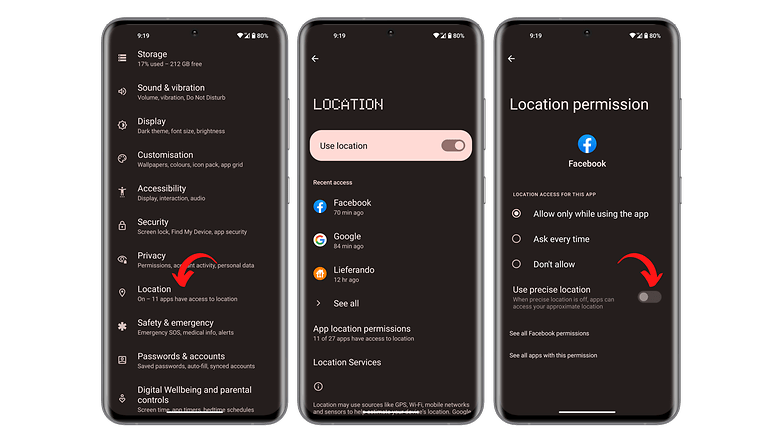
How to revoke access to your exact location on your iPhone
On iOS, the process is much the same. As with Android's Privacy Dashboard, you can see which apps are accessing your location via the Location Service menu in the Privacy menu.
- Go to Settings and scroll down to see a list of your apps.
- Select the app of your choice and tap it.
- Tap on Location.
- Turn off the Exact Position switch.
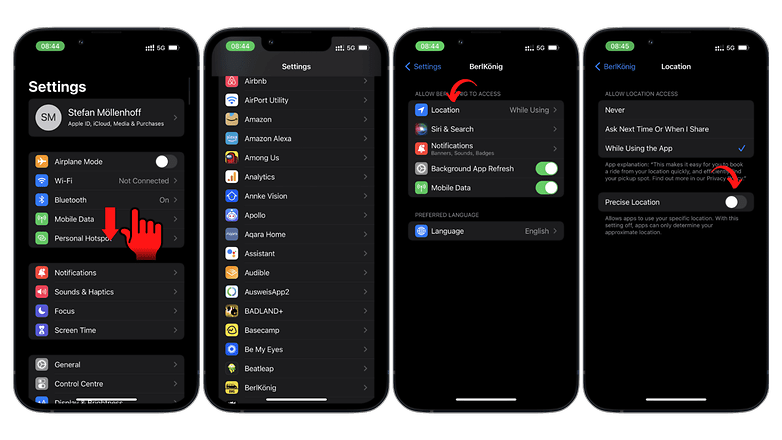
That's it for this quick tutorial on how to revoke an app's access to your exact location. Did this tip help you? Apart from navigation apps like Google Maps or Maps, what kind of apps do you let access your precise location?
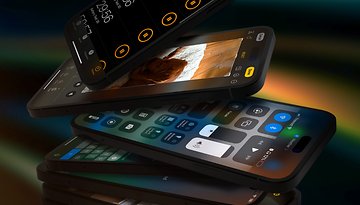
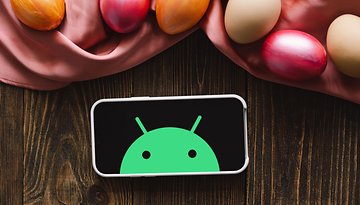
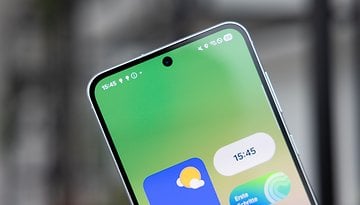
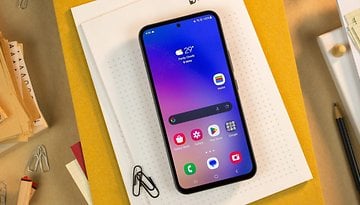
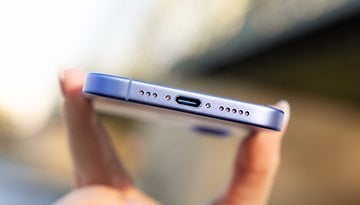
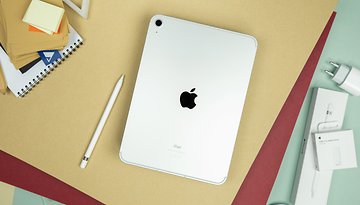

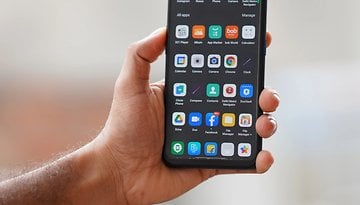


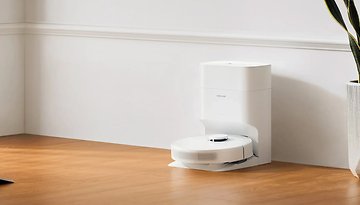
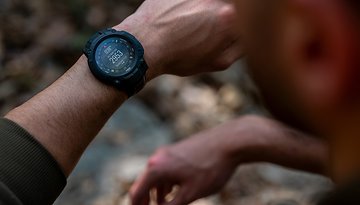


Meaningless.
Wifi signals your phone detects give away your location, cell tower connection gives your location, particularly with 5G beam forming pointing right at you. Your IP number gives away quite a bit by itself. Have a Bluetooth connection? Lots of those devices also include GPS for identifying the right or most likely connections. How about an apple airtag or similar? No GPS needed to find you. You're giving it away while also indicating who you hang out by. Running Covid exposure app? Scanning a QR code for a menu or ID? You've given out your location.
How many geofence searches/warrants have you been part of? You can't know, it's never disclosed.
Your app has a connection to the google sublayers for ad and data transfer. They collect all the secondary methods for location too and share it around.
You can't stop apps from looking at a lot of this sort of information at all, let alone block them from deeper level access to networking and google ad sharing data networks. Did you post an instagram with the geotag content intact? You gave away your location.
Your gyroscope, "body action" permissions give away quite a bit of info, and can themselves be used to construct a reliable identifier, identifying how you move. The can be used to track your movement from a last known position, or show you got a new phone.
There is a lot about one's phone that is privacy hostile. They can increase convenience, but you need to recognize that you're being bought and sold for that convenience.